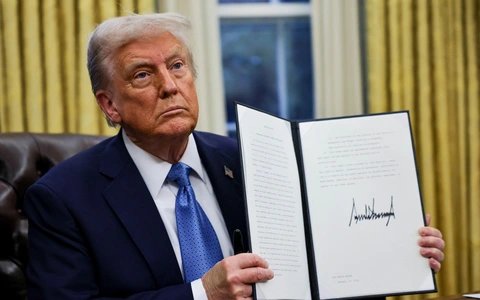In a significant ruling that reaffirmed the rights of transgender individuals in the military, a U.S. federal judge blocked the Trump administration’s proposed ban on transgender troops. This decision marked a crucial victory for civil rights advocates and the LGBTQ+ community, reinforcing the principles of equality and non-discrimination. The ruling, which came amid intense legal and social debates, underscored the judiciary’s role in upholding constitutional protections against arbitrary government actions.
## Background of the Transgender Military Ban
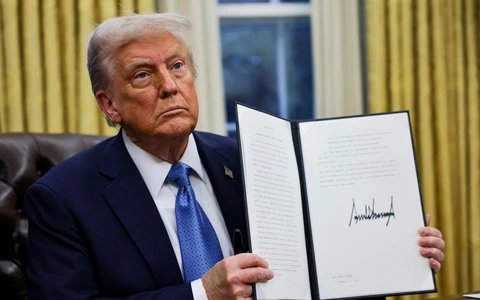
The controversy surrounding transgender service members dates back to July 2017, when then-President Donald Trump announced via Twitter that the U.S. government would no longer allow transgender individuals to serve in the military. This sudden policy shift reversed an Obama-era decision that had opened the doors for transgender people to serve openly. Trump justified the ban by citing concerns over medical costs and military readiness, though these claims were widely disputed by military experts and human rights organizations.
In August 2017, the Trump administration issued a formal directive to implement the ban, effectively barring transgender individuals from enlisting and restricting those already serving from accessing gender-affirming medical care. The policy sparked widespread protests and legal challenges, as advocates argued that it violated the constitutional rights of transgender Americans.
## The Legal Battle and Judicial Intervention
In response to the ban, multiple lawsuits were filed across the country by advocacy groups and transgender service members. These lawsuits argued that the policy was discriminatory and lacked any credible justification. In October 2017, U.S. District Judge Colleen Kollar-Kotelly of Washington, D.C., issued an injunction against the ban, preventing its enforcement while the case proceeded.
Judge Kollar-Kotelly’s ruling was a critical legal milestone. She stated that the ban was likely unconstitutional and that the government had failed to provide sufficient evidence that allowing transgender individuals to serve openly would harm military effectiveness. The judge emphasized that transgender troops had been serving with distinction and that prohibiting them from doing so would cause irreparable harm to their careers and livelihoods.
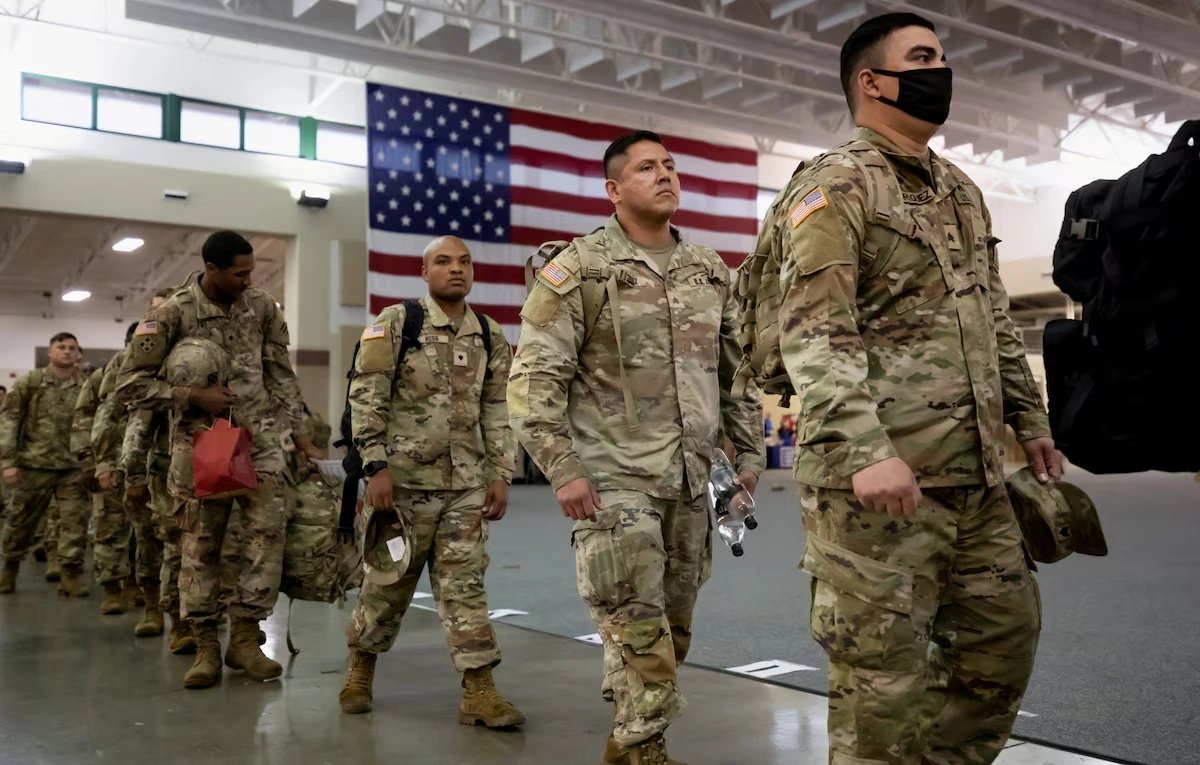
## Implications of the Ruling
The judge’s decision to block the ban had far-reaching implications for military policy, civil rights, and the broader fight for LGBTQ+ equality. Some of the key impacts included:
### 1. **Protection of Transgender Service Members**
The ruling ensured that transgender individuals could continue to serve in the military without fear of discharge or discrimination. It also reaffirmed their right to receive necessary medical care, including gender-affirming treatments.
### 2. **Legal Precedent for LGBTQ+ Rights**
The case set an important legal precedent, reinforcing that discriminatory policies based on gender identity could be successfully challenged in court. It underscored the judiciary’s role in protecting marginalized communities from unconstitutional government actions.
### 3. **Political and Social Ramifications**
The ruling intensified the political debate over LGBTQ+ rights, drawing reactions from both supporters and opponents of transgender military service. Advocacy groups hailed the decision as a step forward for equality, while critics argued that military policy should not be influenced by judicial intervention.
## Reactions from Key Stakeholders

The court’s decision to block the transgender military ban elicited strong reactions from various stakeholders, including politicians, military officials, advocacy groups, and transgender service members themselves.
### 1. **LGBTQ+ Advocacy Groups**
Organizations such as the American Civil Liberties Union (ACLU) and Lambda Legal celebrated the ruling, calling it a victory for human rights and military inclusivity. They emphasized that transgender individuals should be judged based on their abilities, not their gender identity.
### 2. **Trump Administration’s Response**
The Trump administration criticized the ruling, arguing that military decisions should be left to the executive branch rather than the courts. The administration vowed to appeal the decision, maintaining that the policy was necessary for maintaining military effectiveness.
### 3. **Military Leadership and Veterans**
Military officials offered mixed reactions, with some expressing concerns about the legal uncertainties surrounding transgender service. However, many veterans and active-duty personnel voiced support for their transgender colleagues, highlighting their dedication and professionalism.
## The Road Ahead: Future of Transgender Military Service
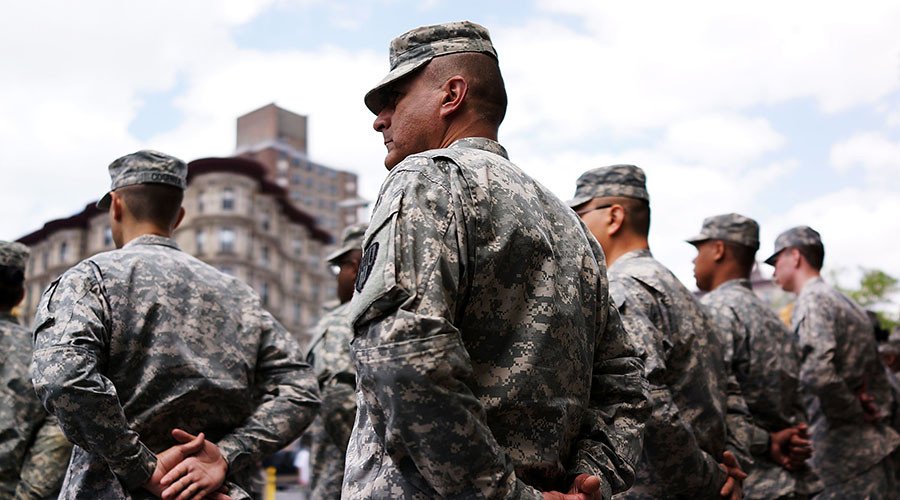
While the judge’s ruling provided immediate relief to transgender service members, the broader fight for their full inclusion in the military continued. Subsequent legal battles and policy shifts under different administrations have shaped the landscape of transgender rights in the armed forces.
### 1. **Biden Administration’s Policy Reversal**
In January 2021, President Joe Biden signed an executive order reversing the Trump-era ban and restoring the Obama-era policy that allowed transgender individuals to serve openly. This move was widely praised by advocacy groups and marked a return to a more inclusive military policy.
### 2. **Legislative Efforts to Protect Transgender Troops**
Some lawmakers have pushed for legislative measures to permanently protect transgender military service members, ensuring that future administrations cannot reinstate similar bans. The Equality Act, if passed, could provide additional safeguards against discrimination based on gender identity.
### 3. **Continued Advocacy and Social Progress**
Despite the legal victories, transgender service members still face challenges, including stigma, healthcare access, and administrative hurdles. Advocacy organizations continue to work toward ensuring equal opportunities and protections for all military personnel, regardless of gender identity.
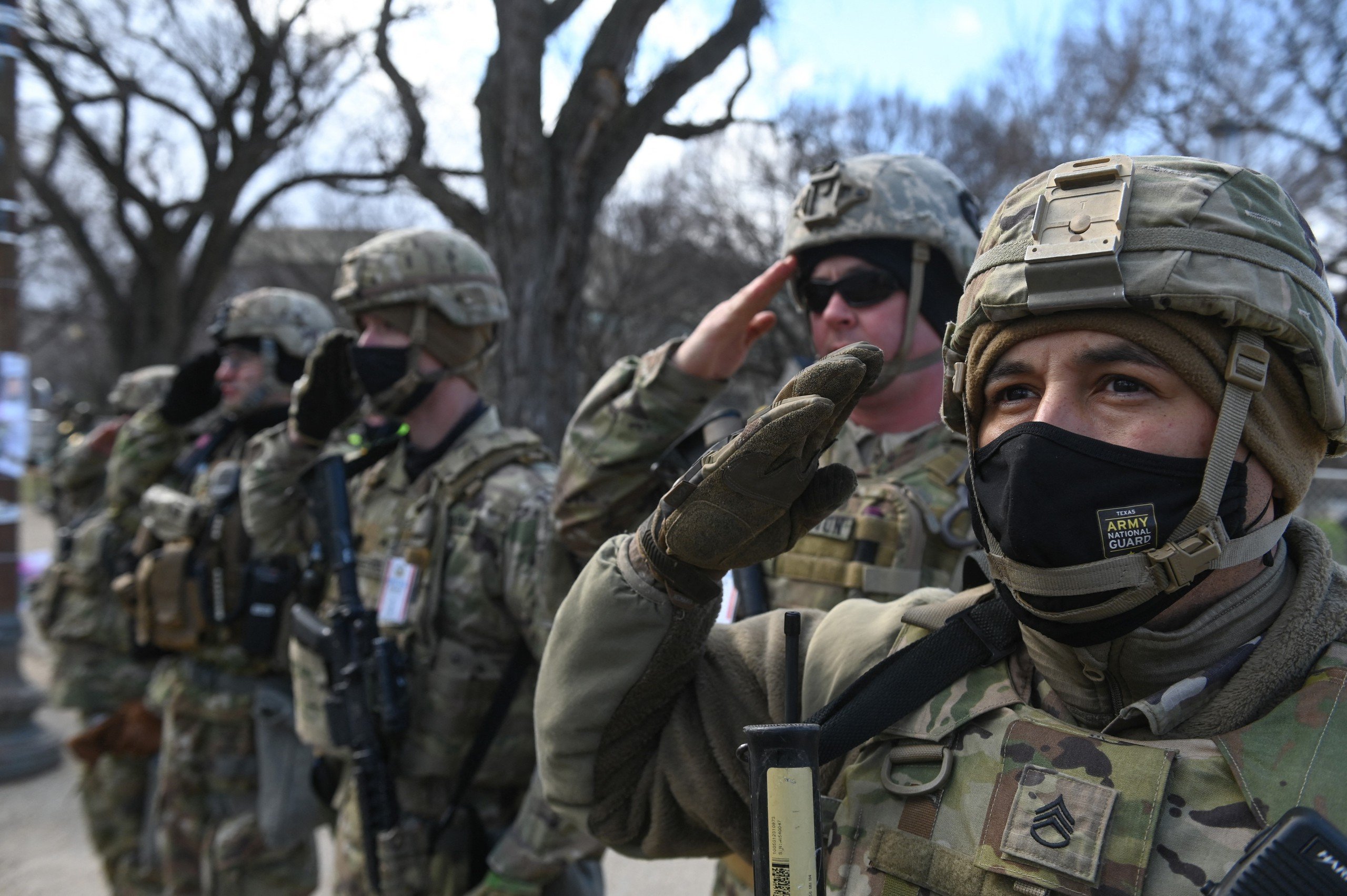
## Conclusion
The U.S. judge’s decision to block Trump’s transgender military ban was a landmark ruling that reaffirmed the principles of equality and non-discrimination. By preventing the enforcement of a policy that sought to exclude transgender individuals from serving their country, the court upheld the constitutional rights of marginalized communities. While significant progress has been made in the fight for LGBTQ+ inclusion in the military, continued vigilance and advocacy are necessary to ensure lasting protections for transgender service members. As the legal and political landscape evolves, this case serves as a powerful reminder of the importance of judicial oversight in safeguarding fundamental rights and freedoms.
